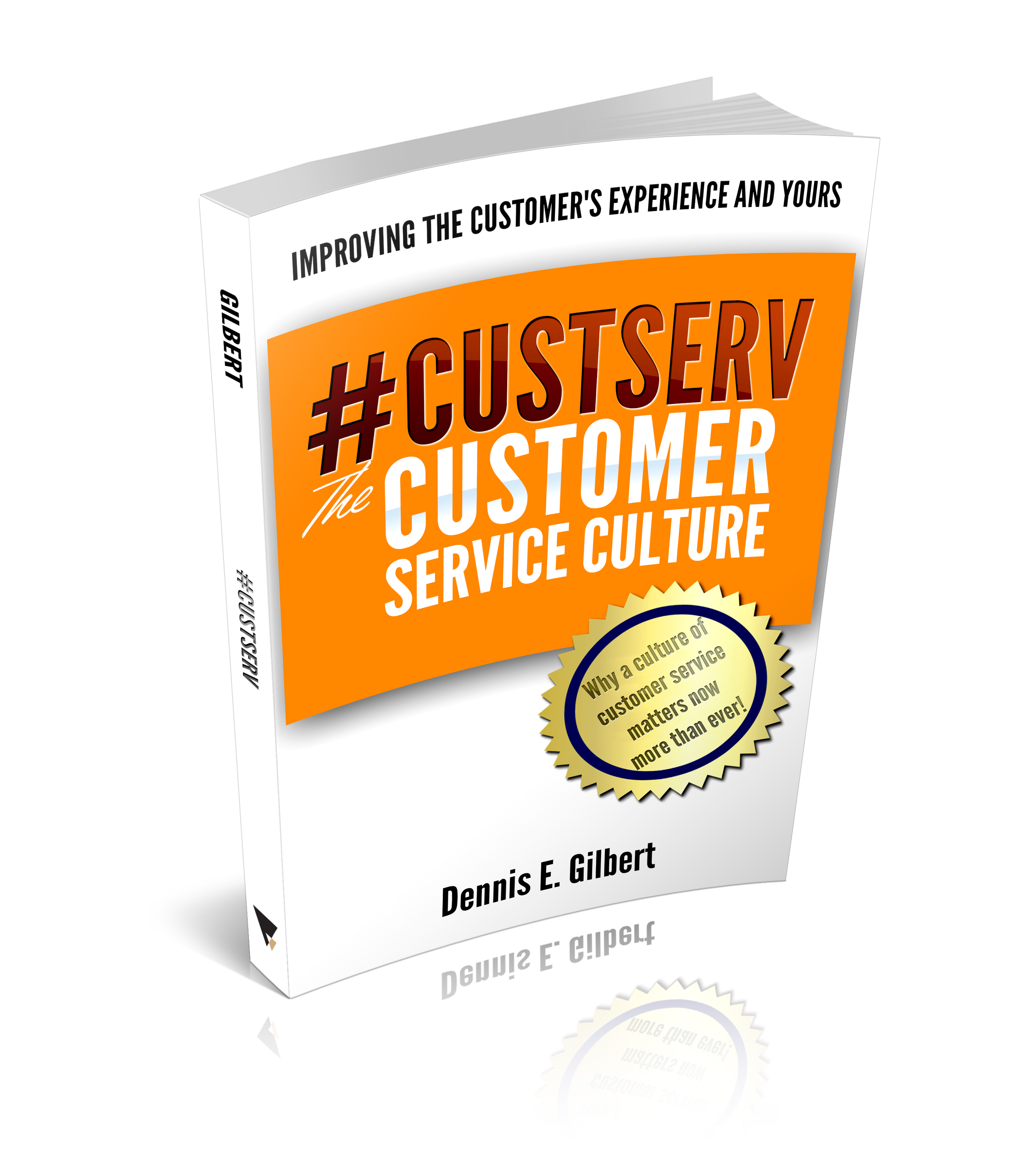
Do You Have Effective Meetings?
Are meetings really just a waste of time? Organizations of all types and all sizes often believe that they get work done through meetings. They improve communication, adjust focus, and motivate the team. Do you have effective meetings?
Most likely, the difference between doing good work and doing great work has something to do with what happens between meetings. Are your meetings setting the stage for the proper outcomes?
Belief About Meetings
Often the belief is that meetings are held to improve communication, yet the dynamics of the group often create an environment that doesn’t share, but chooses to withhold information. Yes, it is true.
The other common belief is that more communication will improve miscommunication. This is of course, very unlikely.
Show me an organization with a staff of more than a dozen employees and I’ll show you an organization that likely believes they have some communication challenges. Do meetings really make this better? It may depend on the purpose, but it will always depend the preparation.
Organizers and Planners
In order to make the most of what happens between meetings you should ask some questions before getting started on planning your next meeting:
What is the purpose of this meeting?
What is the desired outcome?
Who should be invited?
What is the best use of everyone’s time?
Where should the meeting be held?
Who will monitor or pursue accountability for recommendations, actions, solutions, to-do’s, measurements, metrics, and goals?
Who has the authority to make the decisions, are they invited and are they attending?
What is the budget?
How will priorities be set?
Is this a recurring meeting? Is it a task force, committee, or project management gathering?
Meeting Participants
And for the attendees:
How will you prepare?
What solutions have you thought of?
Have you met or exceeded the objectives?
What is the most constructive recommendation you can bring forward at this time?
Are you committed to outcomes and keeping the meeting productive?
Have Effective Meetings
Most important of all is when a meeting lacks focus on measuring effectiveness; chances are substantially higher that participants have labeled them a waste of time. Mind-set is critical and recurring meetings become part of the culture.
If you’re working for what happens between the meetings, keep them brisk, effective, and performance measurable.
– DEG
Dennis E. Gilbert is a business consultant, speaker (CSPTM), and corporate trainer that specializes in helping businesses and individuals accelerate their leadership, their team, and their success. He is a five-time author and some of his work includes, #CustServ The Customer Service Culture, and Forgotten Respect, Navigating A Multigenerational Workforce. Reach him through his website at Dennis-Gilbert.com or by calling +1 646.546.5553.








